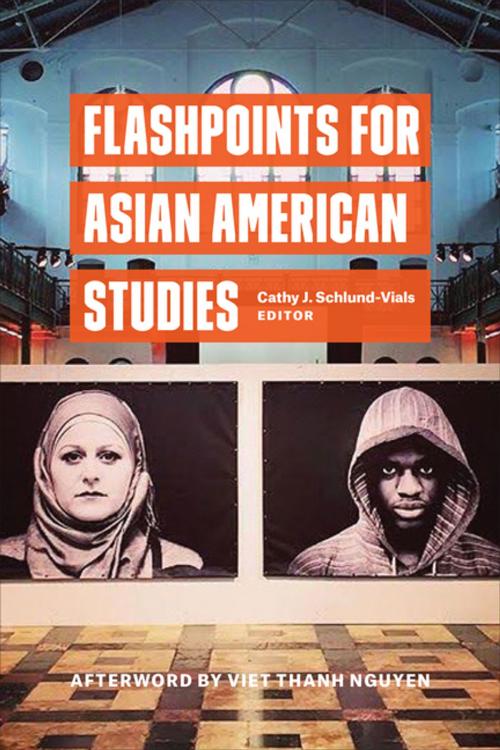Flashpoints for Asian American Studies
Fiction & Literature, Literary Theory & Criticism, Theory, Nonfiction, Social & Cultural Studies, Social Science, Cultural Studies, Ethnic Studies| Author: | Viet Thanh Nguyen | ISBN: | 9780823278626 |
| Publisher: | Fordham University Press | Publication: | October 3, 2017 |
| Imprint: | Fordham University Press | Language: | English |
| Author: | Viet Thanh Nguyen |
| ISBN: | 9780823278626 |
| Publisher: | Fordham University Press |
| Publication: | October 3, 2017 |
| Imprint: | Fordham University Press |
| Language: | English |
Emerging from mid-century social movements, Civil Rights Era formations, and anti-war protests, Asian American studies is now an established field of transnational inquiry, diasporic engagement, and rights activism. These histories and origin points analogously serve as initial moorings for Flashpoints for Asian American Studies, a collection that considers–almost fifty years after its student protest founding--the possibilities of and limitations inherent in Asian American studies as historically entrenched, politically embedded, and institutionally situated interdiscipline. Unequivocally, Flashpoints for Asian American Studies investigates the multivalent ways in which the field has at times and—more provocatively, has not—responded to various contemporary crises, particularly as they are manifest in prevailing racist, sexist, homophobic, and exclusionary politics at home, ever-expanding imperial and militarized practices abroad, and neoliberal practices in higher education.
Emerging from mid-century social movements, Civil Rights Era formations, and anti-war protests, Asian American studies is now an established field of transnational inquiry, diasporic engagement, and rights activism. These histories and origin points analogously serve as initial moorings for Flashpoints for Asian American Studies, a collection that considers–almost fifty years after its student protest founding--the possibilities of and limitations inherent in Asian American studies as historically entrenched, politically embedded, and institutionally situated interdiscipline. Unequivocally, Flashpoints for Asian American Studies investigates the multivalent ways in which the field has at times and—more provocatively, has not—responded to various contemporary crises, particularly as they are manifest in prevailing racist, sexist, homophobic, and exclusionary politics at home, ever-expanding imperial and militarized practices abroad, and neoliberal practices in higher education.















